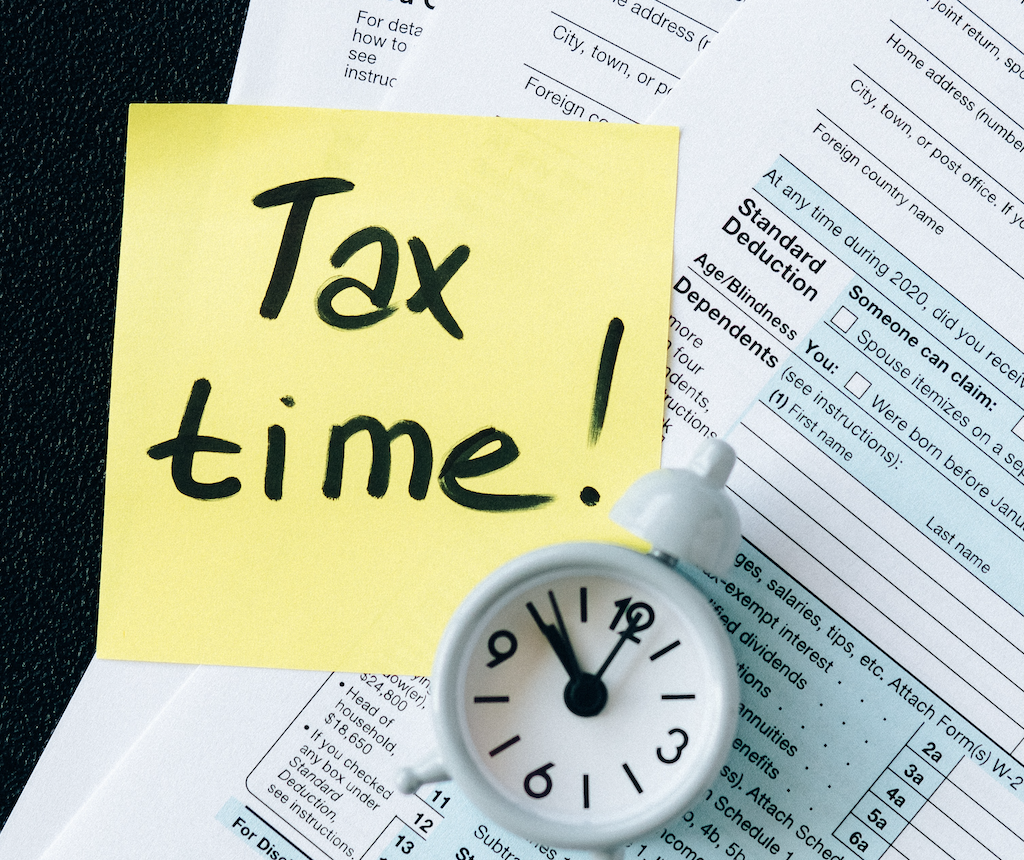If you are struggling to make your mortgage payments, you might find a payment holiday on your mortgage helpful. In today’s economic climate of rising interest rates and an increasing cost of living, it is harder than ever to simply get by. Mortgage payments can quickly rack up, and if you are due a renewal or are taking out a mortgage for the first time, you may well find the increased interest rates a challenge. They can lead to much higher payments than you may have been used to, and missing even one can have serious repercussions. Repeatedly late or missed payments can even lead to power of sale or foreclosure, and your home can be put at risk. In this article, we explore how a payment holiday on your mortgage works, when you might be eligible for one, as well as the advantages and disadvantages of having one.
What is a mortgage payment holiday?
A mortgage payment holiday (also known as a mortgage deferral) is an agreement made with your mortgage lender or financial institution that enables you to pause or reduce your monthly mortgage payments. Depending on your financial circumstances and your mortgage payment history, you may be eligible to take a temporary break for as long as six months. Once the deferral period ends, you continue making your mortgage payments, including those you have missed. Your lender or financial institution will determine how you repay your deferred payments. This could be by extending the amortization period; adding the deferred payments to the balance of your mortgage at the end; or increasing your payment amount once the payment holiday is over. It is important to note that not all mortgages will allow you to have a mortgage payment holiday. If not, fear not – at Spergel we can help you with your mortgage debt, and there is always a solution when it comes to debt relief.
How do you qualify for a mortgage payment holiday?
There are a few key eligibility criteria that will determine whether or not you can take a payment holiday on your mortgage. These include:
- Your lender or financial institution, and their stance on mortgage payment holidays
- Your mortgage contract, and the product itself
- Your financial circumstances
- The risk of you not staying current on your regular mortgage payments
In most situations, you will need to have previously overpaid on your mortgage in order to qualify for a payment holiday. This means that previously, you might have overpaid on your agreed monthly payments so that you have built up a substantial amount of credit in order to qualify for a mortgage payment holiday. If you are not eligible for a payment holiday, you might suit an alternative option. Your lender might permit you to reduce or temporarily pause your mortgage payments if you are finding it challenging to pay your monthly costs for a short period of time. This happens most often due to extenuating circumstances – if, for instance, you are facing a redundancy or have unexpected medical bills. While it is unlikely that you will be granted a payment holiday from your mortgage if you are in arrears on your mortgage, it is still worth being transparent with your lender to see how they may be able to support you.
What are the advantages of a mortgage payment holiday?
There are a number of benefits of a payment holiday on a mortgage:
- Relief from having to make payments for a while, which can ease mental health problems too
- If you are facing circumstances that are putting a strain on your finances – like a divorce or unexpected medical bills – this can buy you the time you might need
What are the disadvantages of a payment holiday on a mortgage?
There are several disadvantages of a mortgage payment holiday:
- If your income is reduced permanently, a mortgage payment holiday will not offer an appropriate solution
- You will continue to accumulate interest on your remaining mortgage debt
- When you reach the end of a mortgage payment holiday, both your mortgage principal and interest payments will be higher than before the holiday
- Your credit report will be affected by a mortgage payment holiday, and this could affect your ability to access credit in the future
- While you’re not making mortgage payments, you’re still racking up interest on your remaining mortgage balance.
- When the payment holiday ends, your outstanding mortgage balance and mortgage payments will be higher than they were before the holiday.
- Even if your lender agrees to this temporary solution, your credit file will be affected. This could affect your ability to get credit in future.
How to apply for a mortgage holiday
Your first step should be to check with your lender and to see the terms and conditions of your mortgage as to whether or not a payment holiday will be possible. The criteria of a payment holiday will vary from lender to lender, and the length will be at your lender’s discretion too. It will also depend on the size of your mortgage, and the value of your home.
What other mortgage relief options are there?
A mortgage payment holiday is not the appropriate solution for everyone, but thankfully there are plenty of other options. Licensed Insolvency Trustees are the only professionals legally able to file all forms of debt relief, so they are well placed to review your financial circumstances. At Spergel, our Licensed Insolvency Trustees have been helping Canadians gain debt relief for over thirty years, and we are here to help you too. Here are some other mortgage relief options:
- Extend your amortization period – this can lower your monthly mortgage payments, although it will increase your overall interest and take you longer to pay off your mortgage
- Switch to a fixed rate – you may be able to change from a variable to a fixed interest rate. If a fixed rate is lower than your mortgage’s current variable rate, it may reduce your payments and prevent a sudden increase in interest rates
- Agree special payment arrangements – your lender may agree to special terms. They might accept late payments, or agree to reduce payments for a fixed period of time
- Miss a payment – your lender might allow you to skip a payment, although this will need to be agreed beforehand
- Make interest only payments – you may be able to defer your mortgage principal by making interest only payments. It can, however, increase the overall cost of your mortgage
- Capitalization – your lender may allow you to add late payments to your overall mortgage principal, also known as capitalization. The only issue is that it can substantially increase the overall amount you owe on your mortgage
- Gain debt relief – if you are struggling to make your mortgage payments, you may require debt relief. At Spergel, our Licensed Insolvency Trustees will review your financial circumstances and can recommend a pathway to debt relief. This can drastically reduce or eliminate your other debts to make your mortgage payments much more manageable
Want to learn more about a mortgage payment holiday? Book a free consultation with Spergel – our experienced Licensed Insolvency Trustees can review your financial circumstances confidentially, and recommend a pathway to debt relief for you. We can work with you to reduce your mortgage payments and help to make your finances more manageable. Reach out today – you owe it to yourself.



















